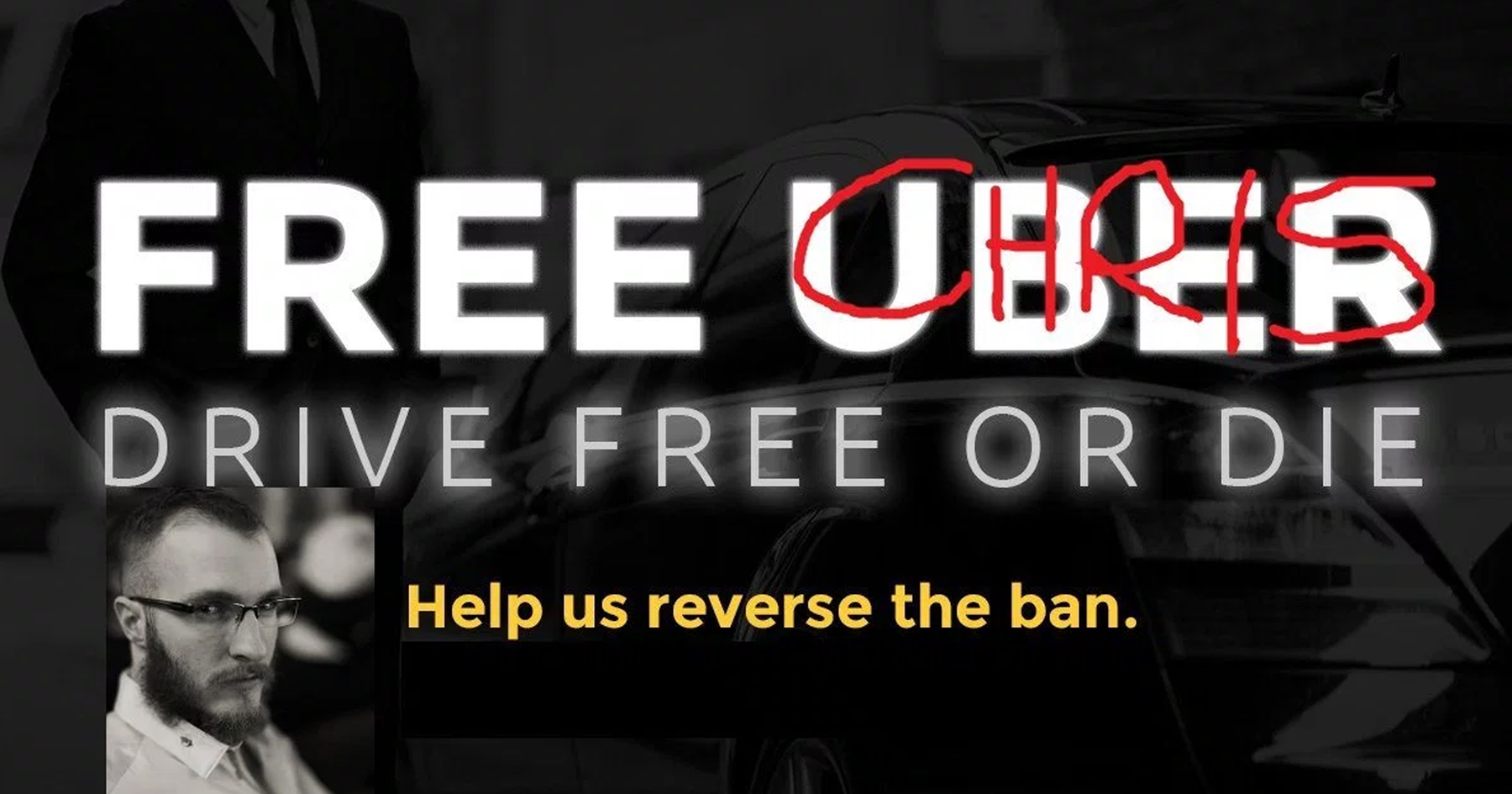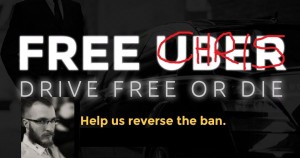Excuse me if I drive over familiar roadways. But we are witnessing one of the great revolutions in human cooperation.
And our governments and politicians are working mightily to block traffic.
I refer, of course, to Uber and Lyft and the like.
The innovation that these companies bring to market? Enabling everyday drivers to leverage their personal investment in a capital good — a car or SUV — to make extra bucks (or even a living) while efficiently serving people who want rides.
Ride-hailing apps on smart-phones provide more security and consumer guidance than the old taxi services ever bothered to even try. The elaborate online rating system, where drivers rate riders and vice versa, provides a new market in information that outstrips government “regulation” as a consumer defense system.
And consumers get better rides, cheaper.
The Uberization of ride sharing competes directly with taxis, of course, and that’s a problem . . . for taxi companies. And the politicians who have regulated them for years. This regulation never was about consumer protection, but politicians just feathered their own nests with campaign contributions through crony capitalism, helping some taxi services at the expense of others.
And customers.
The latest idiocy hails from Massachusetts, which has enacted a 20¢ per trip tax on all ride-sharing apps, with 5¢ of each charge slated for subsidizing the old, established taxi services.
Taxachusetts’s Republican governor, Charlie Baker, has been sucked in to the government racket, choosing to support old cronies rather than customers.
Still, it could have been worse. The advocates of the tax had initially demanded Uber be banned.
This is Common Sense. I’m Paul Jacob.
Illustration based on original cc photo by GörlitzPhotography on Flickr







